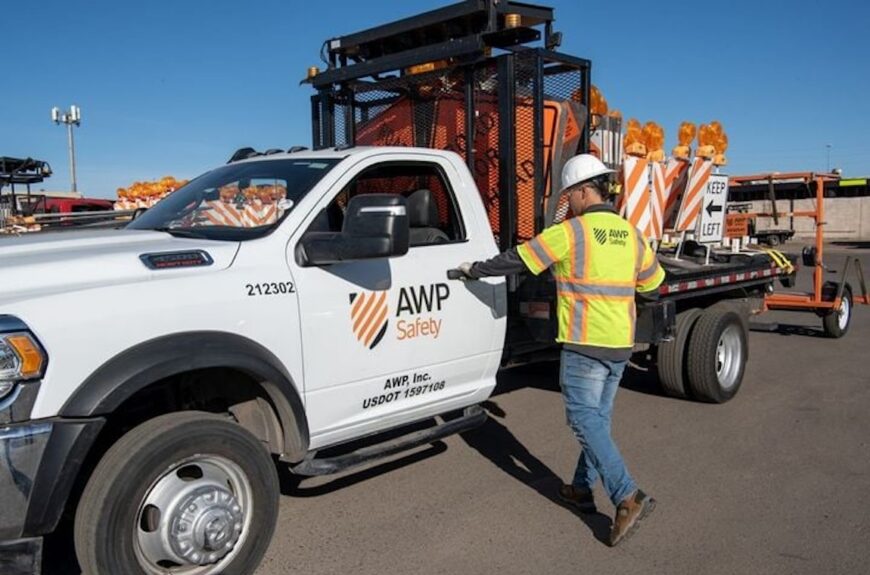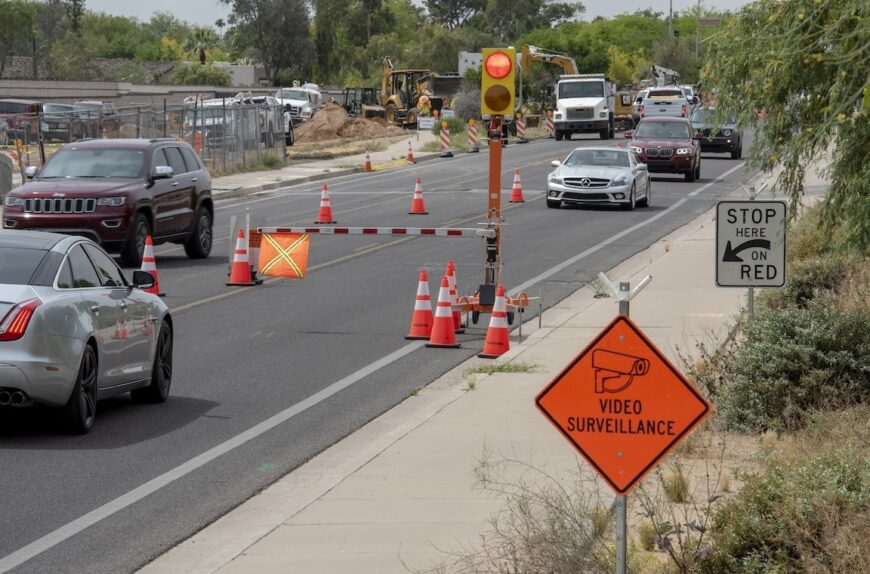
Delivering Intelligent Transportation Systems for Texas A&M Research
Technology that will help advance A $4.3 billion project in Odessa-area highway improvements
AWP Safety is assisting Texas A&M Transportation Institute (TTI) and the Texas Department of Transportation (TxDOT) with a survey of traffic and road conditions along the I-20 corridor in Odessa,Texas, in support of a 10-year roadway reconstruction project. AWP Safety is North America’s leading provider of traffic control technology and solutions for complex roadway infrastructure projects.
TTI is one of the world’s premier transportation research agencies and addresses 700+ transportation challenges annually in the state of Texas. A member of the Texas A&M University system, the agency has conducted transportation research in all 50 U.S. states and 52 countries.
Challenge
TTI researchers are conducting an analysis project along the I-20 Odessa-Midland corridor as part of a multi-year, $4.3 billion project to improve Odessa-area roadways. The survey is gathering information on traffic volume and construction materials used for different sections of highway. The results will help determine how various materials perform under current traffic conditions and inform plans for upgrading the I-20 corridor using materials that will improve road safety and longevity.
To ensure the safety of the public and workers during the project, TTI requires access to Intelligent Transportation Systems (ITS) that can gather survey data electronically. These systems eliminate the need for human surveyors to work near traffic and help alert motorists to traffic changes during the survey.
Solution
AWP Safety is collaborating with TTI and TxDOT to understand the goals of the survey and customize a traffic control plan to meet its needs. Company experts have installed an Intelligent Transportation System (ITS) comprised of 18 message boards to create a complex end-of-queue warning system to keep motorists aware of real-time changes in traffic. In the system, Bluetooth sensors monitor traffic volume, while small radar sensors measure the speed of vehicles approaching a change in traffic pattern. Data collected by the sensors is used to update message boards in real-time to alert motorists to slow down and stay alert.
“Compared to other end-of-queue and message board systems, this ITS technology is completely unique and more robust,” says David Gorman, AWP Safety’s director of operation for the company’s Central Division. “It provides a variety of real-time messages, such as travel times, traffic delays and alternative routes, to warn motorists ahead of time.”
AWP Safety’s fleet team is performing routine, quarterly maintenance on the system and delivering on-call service as needed throughout the project.
Results
- Enhanced traffic flow. Real-time communication with motorists via message boards improves driver responsiveness and reduces traffic congestion.
- Increased safety. The end-of-queue warning system elevates work zone safety, particularly for motorists, who as a result, are less likely to become involved in a rear-end collision.
- Continued AWP Safety partnership with TTI and TxDOT. AWP Safety will begin a similar project with TTI and TxDOT later in 2024 on I-35 in Waco, Texas.
Click here to view a PDF of this case study.
To discuss your next project with a dedicated AWP Safety Sales representative, request a quote.



